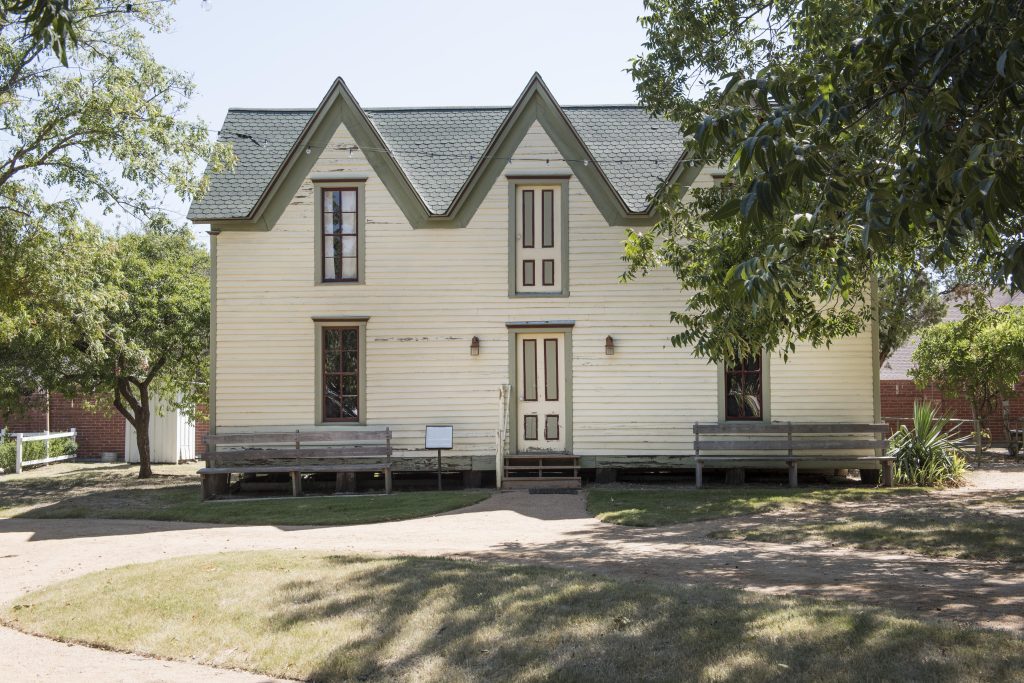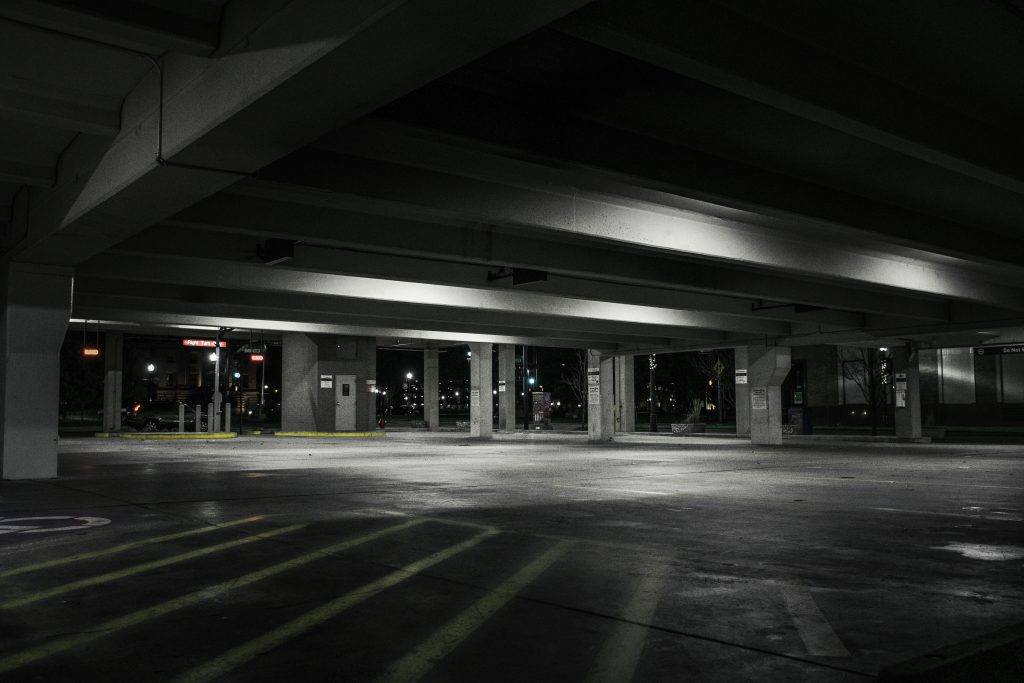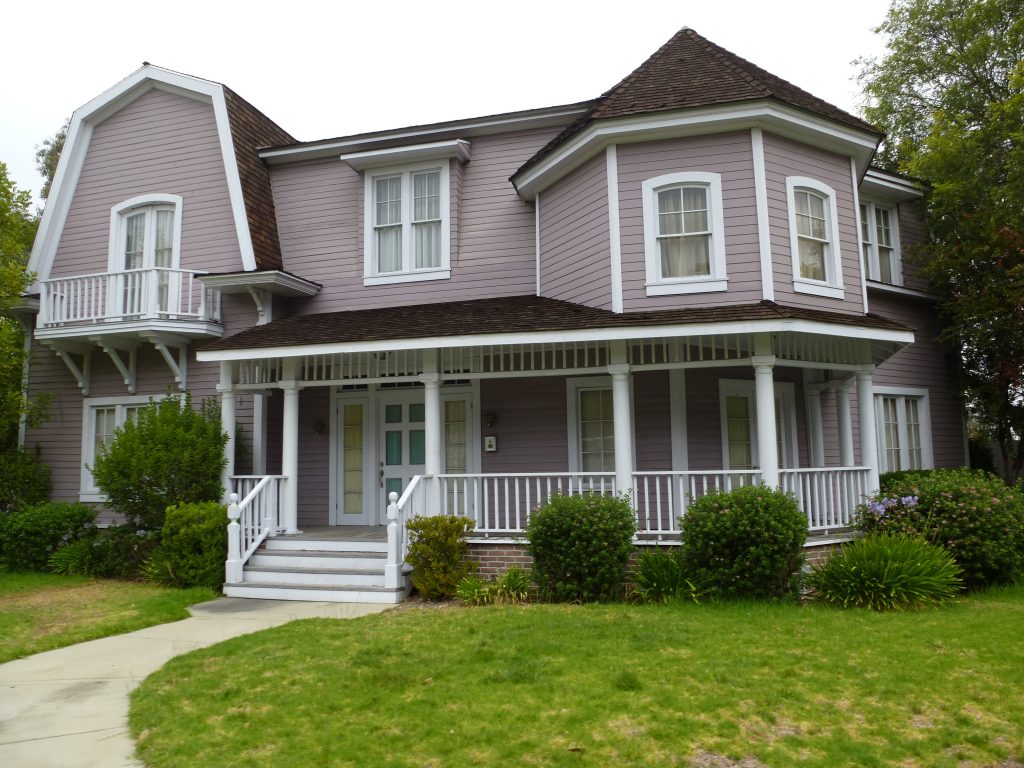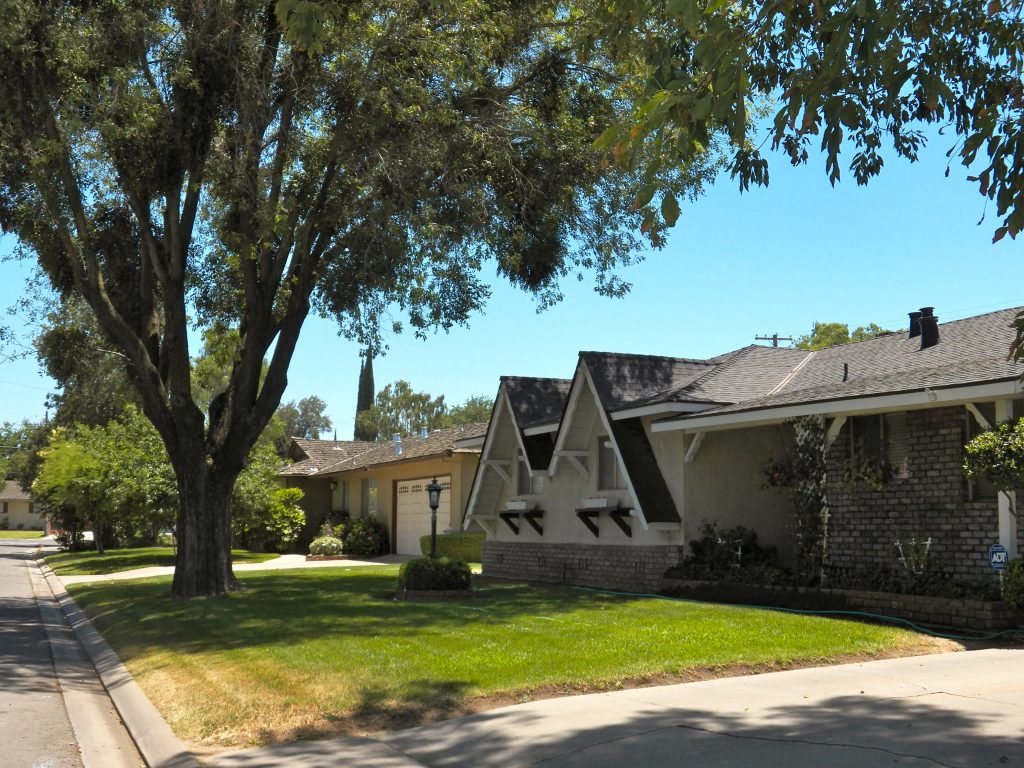 Owning property is not easy, especially when you have to share ownership with multiple individuals. Co-ownership can present challenging issues, especially when one owner wants to make renovations or sell the property. This case examines a dispute among family members involving property in the Parish of St. Bernard in Louisiana.
Owning property is not easy, especially when you have to share ownership with multiple individuals. Co-ownership can present challenging issues, especially when one owner wants to make renovations or sell the property. This case examines a dispute among family members involving property in the Parish of St. Bernard in Louisiana.
The plaintiffs, including Charles Gettys, Jr., and defendants, including William Gettys, each had a one-fifth interest in the at-issue property. The plaintiffs sued to have the property sold and the proceeds divided among the five co-owners. William responded, claiming after Hurricane Katrina, the defendants said they no longer wanted to have an interest in the property and did not want to spend any more money on the property or repairs. William claimed he completed a property renovation and moved into the house following Hurricane Katrina. William claimed before Hurricane Katrina that he had agreed with Charles that they would renovate the property together and then sell it. Then, they would split the money they made from the sale. The renovations purportedly cost $46,000. William claimed Charles had agreed to split the renovation costs with him.
However, Charles had not paid for his share of the renovations. William argued Charles owed him his share of the total cost of the repairs and renovations. After trial, the court ordered the parties to sell the property via auction, at a $50,000 minimum bid, or through a private sale, with the first $48,476 of the proceeds to go to William to reimburse him for the renovations he carried out in the aftermath of Hurricane Katrina.
 A celebratory night out turned into a nightmare for Reuben Ellis when he was shot in a parking lot after attending a friend’s wedding reception at Bella Noche nightclub. Ellis’s quest for justice led him to sue not only the nightclub but also the property owner, Plaza Holdings, LLC. This legal battle highlights the complexities of premises liability and the extent to which property owners are responsible for the safety of their tenants’ patrons.
A celebratory night out turned into a nightmare for Reuben Ellis when he was shot in a parking lot after attending a friend’s wedding reception at Bella Noche nightclub. Ellis’s quest for justice led him to sue not only the nightclub but also the property owner, Plaza Holdings, LLC. This legal battle highlights the complexities of premises liability and the extent to which property owners are responsible for the safety of their tenants’ patrons. Louisiana Personal Injury Lawyer Blog
Louisiana Personal Injury Lawyer Blog


 In a case highlighting the importance of carefully crafted real estate contracts, the Louisiana Court of Appeal, Fourth Circuit, upheld a trial court’s decision awarding stipulated damages and attorney’s fees to sellers in a failed all-cash real estate transaction.
In a case highlighting the importance of carefully crafted real estate contracts, the Louisiana Court of Appeal, Fourth Circuit, upheld a trial court’s decision awarding stipulated damages and attorney’s fees to sellers in a failed all-cash real estate transaction. In a stark reminder of the importance of procedural precision in the legal world, the
In a stark reminder of the importance of procedural precision in the legal world, the  In a recent decision by the
In a recent decision by the A recent
A recent  Imagine moving into your new apartment, only to find it’s more like a horror movie set than a cozy home. Mold creeping up the walls, evidence of unwanted rodent roommates… it’s enough to make anyone sick. But does that automatically mean your landlord is liable? A recent court case dives deep into this messy situation, highlighting the legal hurdles tenants face when seeking damages for a less-than-habitable dwelling.
Imagine moving into your new apartment, only to find it’s more like a horror movie set than a cozy home. Mold creeping up the walls, evidence of unwanted rodent roommates… it’s enough to make anyone sick. But does that automatically mean your landlord is liable? A recent court case dives deep into this messy situation, highlighting the legal hurdles tenants face when seeking damages for a less-than-habitable dwelling. Buying and selling real estate can be stressful because of the emotions and large sums of money involved. In order to have certainty in transactions involving real estate, Louisiana law has strict requirements of what is required to form a valid contract, including signatures from both the buyer and seller. What happens if a would-be buyer unilaterally signs a contract and claims they own your property?
Buying and selling real estate can be stressful because of the emotions and large sums of money involved. In order to have certainty in transactions involving real estate, Louisiana law has strict requirements of what is required to form a valid contract, including signatures from both the buyer and seller. What happens if a would-be buyer unilaterally signs a contract and claims they own your property?  Under the Louisiana Recreational Use Immunity Statues, owners and operators of property used for recreational purposes are immune for liability for tortious acts. Does this immunity apply when a child is injured playing in a gated residential community?
Under the Louisiana Recreational Use Immunity Statues, owners and operators of property used for recreational purposes are immune for liability for tortious acts. Does this immunity apply when a child is injured playing in a gated residential community?  Owning property is not easy, especially when you have to share ownership with multiple individuals. Co-ownership can present challenging issues, especially when one owner wants to make renovations or sell the property. This case examines a dispute among family members involving property in the Parish of St. Bernard in Louisiana.
Owning property is not easy, especially when you have to share ownership with multiple individuals. Co-ownership can present challenging issues, especially when one owner wants to make renovations or sell the property. This case examines a dispute among family members involving property in the Parish of St. Bernard in Louisiana.  When renting an apartment, tenants expect a safe and secure living environment. However, what happens when an accident occurs due to negligence by the apartment owner and management company? If a leaky roof in your apartment injures you, can you make a claim for your injuries? The following lawsuit answers that question.
When renting an apartment, tenants expect a safe and secure living environment. However, what happens when an accident occurs due to negligence by the apartment owner and management company? If a leaky roof in your apartment injures you, can you make a claim for your injuries? The following lawsuit answers that question.